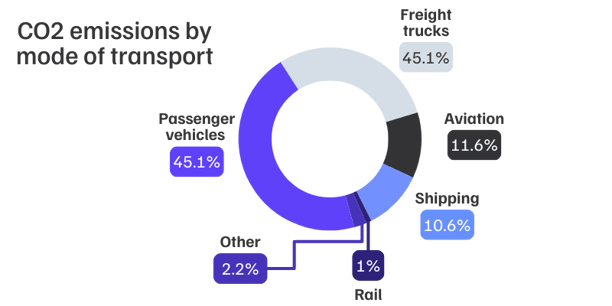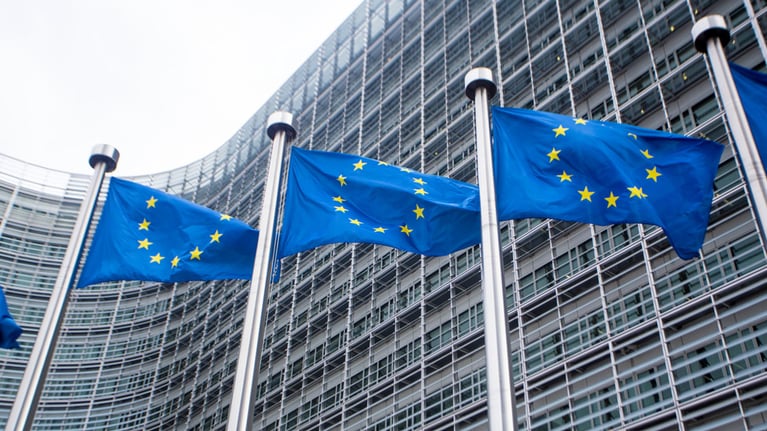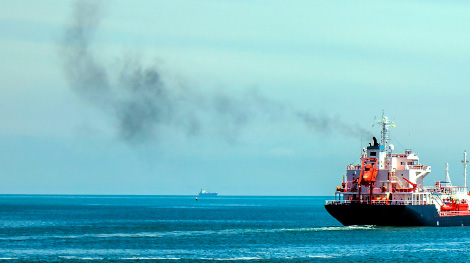The 28th UN Climate Change Conference, more widely known as COP28 has come to an end in Dubai.
The 13-day summit gathered many of the world’s key figures, including King Charles III, Indian Prime Minister Narendra Modi and US computer billionaire Bill Gates to once again discuss how the world can tackle climate change.
COP28’s finance commitment tracker boasts over £67bn raised for tackling the issue. However, the divisive summit was once again not without its critics for a lack of meaningful action. The BBC reported that a record number of the 84,000 delegates who attended the talks had links to fossil fuels.
Although, the deal agreed at the end of the summit attracted a lot of praise. It called on all countries to move away from fossil fuels. It's the first time a COP text has specifically mentioned that, receiving a standing ovation from delegates and considered a major breakthrough. The text recognises the need for deep, rapid, and sustained reductions if humanity is to limit temperature rises to 1.5C.
“Together we have confronted realities and we have set the world in the right direction."
COP28 president Sultan Ahmed Al-Jaber
 Source: ICIS
Source: ICIS
The logistics industry is among the world’s most polluting, therefore under growing pressure to decarbonise. Freight transportation is estimated to contribute 8% of all global emissions. The spotlight is regularly shone on logistics when net-zero is the conversation.
However, with these events understandably business leaders are keen to know the outcomes without having to trawl through 47 articles and watch 12 webinars. So, at WTA we’ve done that for you. Here we present the key announcements from COP28 for the logistics industry.
Zero Emission Port Alliance formed
Two of the largest port terminal operators, APM Terminals and DP World, have teamed up to launch the Zero Emission Port Alliance (ZEPA). Aimed at making battery powered container handling equipment more affordable and accessible.
The ZEPA alliance is to begin in early 2024 and is open to all industry participants. It comes after a whitepaper published in October which suggested battery powered port equipment will become as or more competitive than diesel in two to eight years. Assuming it receives the right level of investment and collective action.
DP World have stakes in terminals across the world including London Gateway, Hong Kong, Sydney and Rotterdam. APM Terminals meanwhile operate across Los Angeles, Shanghai, Bremerhaven and many more.
“Our industry is in a strong position to drive real, meaningful change to decarbonise ports, and I believe the launch of the Zero Emission Port Alliance is a vital step in the right direction.”
Jack Craig, global head of technical at APMT
Green Shipping Corridor latest
The UK and USA released a joint statement, reinforcing their commitment to the Green Shipping Challenge. This builds on the Clydebank Declaration of COP26 and the US to UK Green Shipping Corridor Task Force introduced last year. Both with the aim of establishing green shipping corridors between the two nations.
A green shipping corridor is a route between two or more ports where the operation of a zero-emission vessel is possible.
The statement outlined that workshops had been held in Washington, DC and London, with representatives from the United States and United Kingdom. The next step in the plan is to undertake a feasibility study. That should to identify the most viable green maritime route between the nations.
£70m UK scheme for more electric vehicle charge points at service stations
The UK government announced a £70m pilot scheme to boost the number of ultra-rapid electric vehicle charge points. Transport Secretary Mark Harper laid out plans at COP28 for up to 10 trial sites in England where the government will boost the electrical network capacity.
It’s hoped this will drive much-needed private sector investment in the electrification of the UK’s road infrastructure. Motorway service stations are strategically important for electric charging points, particularly for the logistics sector.
That being said, the technology for HGVs to feasibly operate on electrical power at scale remains some years away. This pilot scheme feels aimed at regular motorists and final mile delivery vans.
CEOs of major shipping lines make a joint statement
The CEOs of some major European shipping lines used COP28 to make a joint statement, demanding more climate action from the International Maritime Organisation (IMO).
CMA CGM, Hapag-Lloyd, Maersk, MSC and Wallenius Wilhelmsen have all asked that emissions are measured on ‘well-to-wake’ rather than ‘tank-to-wake’ as standard in regulations and communications.
Their argument is that this would stop producers possibly ‘greenwashing’ the rules. Converting regular fuel to grey/brown hydrogen before sale would be at significant carbon cost, but classed as greener fuel under the current IMO Emission Reduction Strategy.
“Our collective responsibility for a sustainable future and clean practices is paramount. We believe that a regulatory framework and clear targets are crucial to accelerating the introduction of alternative fuels and reducing our carbon footprint.”
Hapag-Lloyd CEO Rolf Habben Jansen
The suggestions from the shipping lines also include the adoption of a ‘vessel pooling’ system. Meaning the performance of vessels is measured as a group, rather than individually. That means older, less efficient vessels can be pooled with newer ones, keeping them in service for longer.
There’s also a suggestion that the IMO should introduce a binding end-date for vessels that can only run on fossil fuels.
Whilst these proposals from the CEOs obviously would help the carriers, it would be harsh to dismiss them as entirely self-serving. They make sense for the wider freight industry. For example, pooling vessels on emissions would lower costs for shippers as it would avoid a widespread forced scrapping of older vessels. To learn more about the IMO’s Emission Reduction Strategy as it stands currently, see here.
There’s no escaping the fact that the COP28 conference was short on impactful legislation for the logistics industry. Rather alarmingly, by far the most reported shipping news story from COP28 was that Kuehn + Nagel is the official logistics partner. Rather than any impactful environmental policy announcement.
Of the few pledges that were made, they are all long-term goals. Not going to impact the day-to-day running of logistical operations anytime soon.
However, it’s clear that the direction of travel remains net-zero. With that, sizable scrutiny can be expected for logistics industry which is among the world’s dirtiest for emissions. Supply chain managers are wise to be across these events to stay ahead of policy changes as they arrive.
At WTA, we're helping clients decarbonise their supply chain through our ISO-compliant CO2 emission tracker in our WTA Platform. With accurate CO2 emission data on their shipments, you're able to take steps to reduce and offset carbon impact and greater your appeal to increasingly sustainability-minded consumers. Book a demo below.







